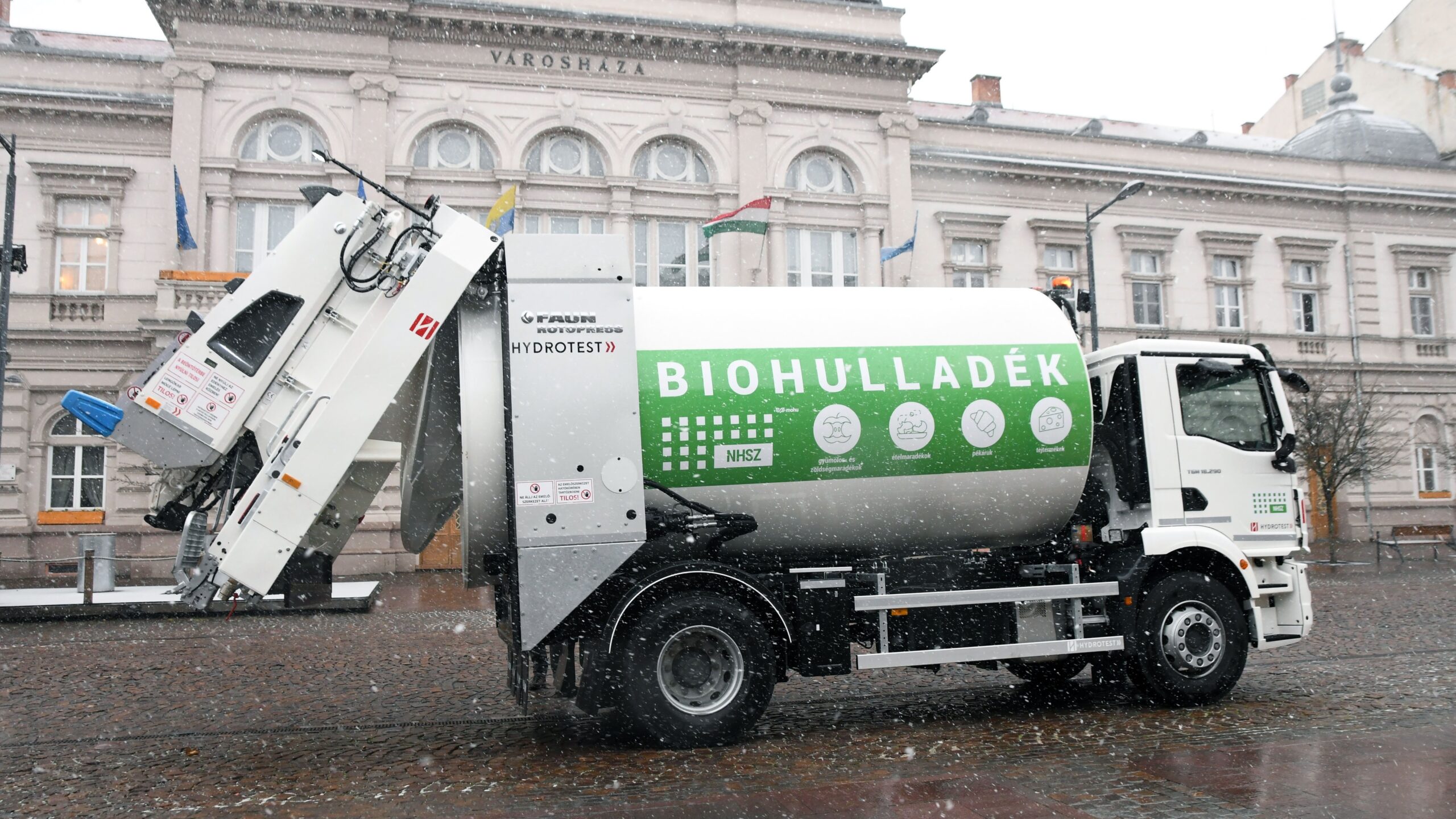MOL’s Rossi Biofuel Ltd, in which the company holds a stake, is now capable of producing over 200,000 tonnes of biofuel annually, MOL announced.
In a statement issued on the occasion of International Biodiesel Day (10 August), the company highlighted that the MOL Group is placing increasing emphasis on renewable fuels such as biodiesel, which is produced from vegetable oils, animal fats, used cooking oil, or waste, as part of its long-term strategy called ‘shape tomorrow’. The integration of circular economy practices further enhances the contribution of bio and waste material streams to production.
According to the statement, the use of biofuels not only reduces the amount of carbon dioxide released into the atmosphere
but also mitigates the dependency on crude oil in transportation and, by extension, in the economy,
proportionate to the amount of blended components. They emphasized that one tonne of biodiesel saves approximately two to three tonnes of carbon dioxide compared to fossil diesel.
The MOL Group supplies nine countries with fuel that includes biodiesel or bioethanol, and in some cases, other renewable materials, mixed in quantities of several hundred thousand tonnes. MOL has been involved in biodiesel production since 2008 through Rossi Biofuel Ltd, significantly increasing the volume of biofuels produced in Hungary, now exceeding 200,000 tonnes annually. A quarter of the capacity is accounted for by advanced biodiesel, which enables the processing of various types of waste fats, such as used cooking oils, animal fats, or residues from vegetable oil production, they highlighted.
The statement also recalled that since 2011, used kitchen grease can be dropped off at designated MOL filling stations, resulting in the collection of approximately 3,000 tonnes of used cooking oil by the first half of 2023. Subsequent to the start of MOHU, a concession company established by MOL for competitive, sustainable and transparent waste management, this amount has multiplied: by the second half of 2023, around 6,000 tonnes of used cooking oil had been collected, as used cooking oil can now be dropped off at all waste yards. They also noted that in 2022, in collaboration with Budapest Airport, Wizz Air, and the Airport Fuel Supply Llc, MOL began commercial testing of sustainable aviation fuel. The statement noted that due to the world’s growing energy demands, a more diversified fuel portfolio will be necessary, which is why MOL is testing several other technologies in addition to biofuels.
In April of this year, the company inaugurated its new green hydrogen plant at the Danube Refinery, producing 1,600 tonnes of the energy carrier annually for use in fuel production, thereby
reducing the refinery’s carbon dioxide emissions by approximately 25,000 tonnes per year.
The MOL Group is an international, integrated oil, gas, petrochemical, and consumer retail company operating in more than 30 countries, employing a total of 24,000 people. It operates three refineries and two petrochemical plants under an integrated supply chain in Hungary, Slovakia, and Croatia, and has a network of nearly 2,400 filling stations across ten countries in Central and South-Eastern Europe. Currently, MOL conducts production activities in eight countries and has research assets in nine countries.
On Friday, MOL reported that the group’s clean earnings before interest, taxes, depreciation, and amortization (EBITDA) for the second quarter of this year was over 300 billion HUF (825 million USD), doubling compared to the same period last year and exceeding the previous quarter’s result by approximately 15 per cent. Net sales revenue in the second quarter increased to 2,372.6 billion HUF (6,524 million USD) from 1,960.8 billion HUF (5,725 million USD) last year, while operating profit was 197.3 billion HUF (543 million USD), up from 70.6 billion HUF (206 million USD) in the same period last year.
Related articles:








